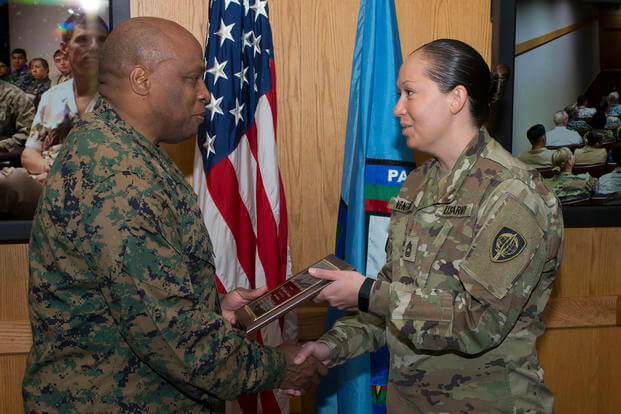As the generation of African Americans who grew up singing "We Shall Overcome," donned jackets and ties and broke new paths into the corporate world nears retirement, a new generation of Blacks is entering the workforce. These younger workers grew up on hip-hop, the urban look and the expectation they would follow their parents and grandparents into the workplace. But will they fit in?
"That's a very valid question," said Bruce Sherald, president and CEO of Diversity Search Group, a minority executive recruitment firm. "Young hip-hop people tend to see things on their own terms. They want to be accepted just for who they are. People my age tend to conform more to the culture, whether it's the workplace culture or culture at large.
"These kids are talented, but their viewpoints are different. African Americans of my generation -- 45, 50, 55 years old -- are probably more conservative than the mainstream media gives us credit for. We think things should be 'professional.' Young people's definition of 'professional' is different."
Clothes, Hair and Language
Hip-hop culture is expressed in the workplace in two main ways, Sherald says: clothes and hairstyle.
"When I interview young people now, I have to remind them how to dress," he said. "They don't seem to think their appearance has any impact on an interviewer. That's a challenge for me. I talk about their social responsibilities, especially in organizations without a lot of African Americans. Everyone who follows them will be judged by how they dress and act. That's a big responsibility."
And then there's language.
"They talk in rap slang," Sherald said. "It takes awhile, but eventually they realize you can't really communicate that way."
Navigating Both Worlds
Not everyone agrees. Bakari Kitwana, co-founder of the first National Hip-Hop Political Convention and author of "The Hip Hop Generation: Young Blacks and the Crisis in African-American Culture," says that while growing up in hip-hop culture, college students -- the type going into corporations -- "already learn to navigate both worlds. They learn there are two sets of cultures for African Americans. If they decide they're not going to make compromises, they won't make it in the business world."
Kitwana uses the NBA as an example. "Athletes won't get far if they don't conform on some level. The NBA has a dress code, and players shed their gangsta dress [on the job]." But many athletes and white-collar workers reclaim their hip-hop sensibility off the court and outside the office. Kitwana uses himself as an example. With two master's degrees, he had one classroom style when he taught, another for his social time.
In fact, some hip-hop aesthetics are celebrated in the corporate world, Kitwana said. When Darrell Cobbin was a vice president and business unit manager with Coca-Cola USA, Sprite became the fastest-growing, soft-drink brand in the country. One reason, Kitwana says, is that Cobbin created authentic ads that resonated with hip-hop kids. "That's the ideal world: to be recognized in your field for your achievements while being true to your culture without pandering," Kitwana said.
A Bold Attitude
Carol Lewis, president and CEO of CSL Image Consulting, spends much of her time coaching African Americans on business, protocol and fashion concerns. She says fitting into the corporate culture means not wearing anything that blares, "I'm cool!"
But she also describes an upside to hip-hop. "Plenty of talented, creative individuals come from that culture," Lewis said. "They're fearless, zealous and they want something better for their lives. They use their street skills in the workplace. They're willing to make a deal at all costs, or relocate anywhere if it means getting on the fast track. They're natural salespeople. They look at all different angles of a situation, and they take great risks. It's a bold attitude."
A 2-Way Street
The move into a new workplace can be challenging for anyone -- bold attitude or not. Sherald says it's everyone's responsibility to help young African Americans adapt.
"First, it's the individual's responsibility himself; you can't minimize that. But it's everyone else's job, too, to maximize the potential of those around them."
Still, it's a two-way street. "Employers have to realize these new employees are coming in with a different attitude," Sherald said. "It's not wrong; it's just different."
Want to Know More About the Military?
Be sure to get the latest news about the U.S. military, as well as critical info about how to join and all the benefits of service. Subscribe to Military.com and receive customized updates delivered straight to your inbox.











